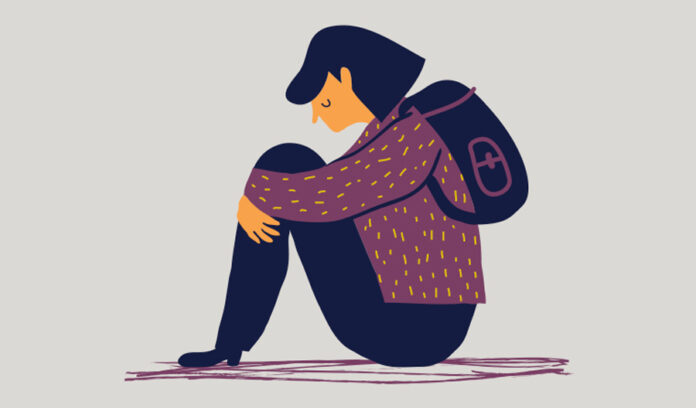Figures from the ABC’s Australia Talks survey showed that 44% of young people rate their mental health as either average or poor. This is not unexpected considering the cost of rent, the prevalence of casual jobs, high student debt, and the overarching fear for the future of the earth.
With no restrictions on how much landlords can charge, many young people are suffering from rent stress. The 2019 Renter Report showed that 40% of young Australians were spending 30% or more of their income on rent.
An online survey of young people on welfare found that, after paying rent, 60% were left with less than $100 per week.
The usefulness of university degrees is also diminishing. Full time work placement after university has fallen from 85% in 2008 to 73% in 2018. Despite the dwindling value of degrees, the Triple J What’s Up In Your World? survey found that two thirds of young people had a student debt. Of those with a debt a third owed more than $30,000!
The same survey showed that 75% of young people feel negative about the Earths future. This is not surprising considering that neither major party wants to act on climate change despite the bushfire crisis.
People aged 18-24 are often working late nights or weekends, as well as studying. This leaves little time for young people to rest or socialise. On top of that, many of the jobs available to young people are very low paid.
Experts say that depression and poor mental health is more likely to be caused by loneliness and prolonged stress rather than a ‘triggering’ life event. With lots of issues causing young people stress it’s little wonder that their mental health is on the slide.
Many of the problems we face stem from the current system, where profit is prioritised above all else. A society that prioritised people’s needs, providing affordable housing, free education, well paid jobs and action on climate change, would also dramatically improve people’s mental health.



